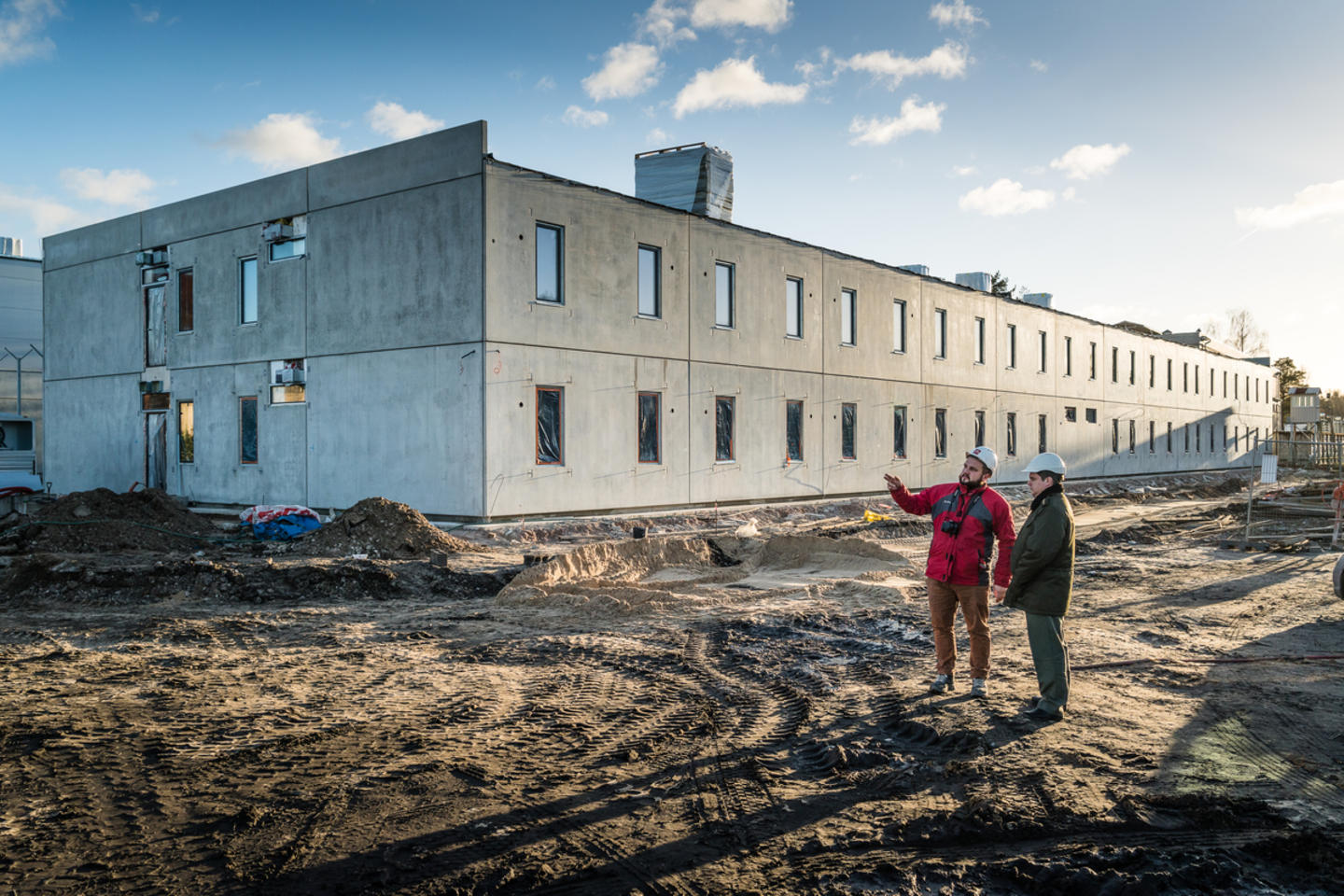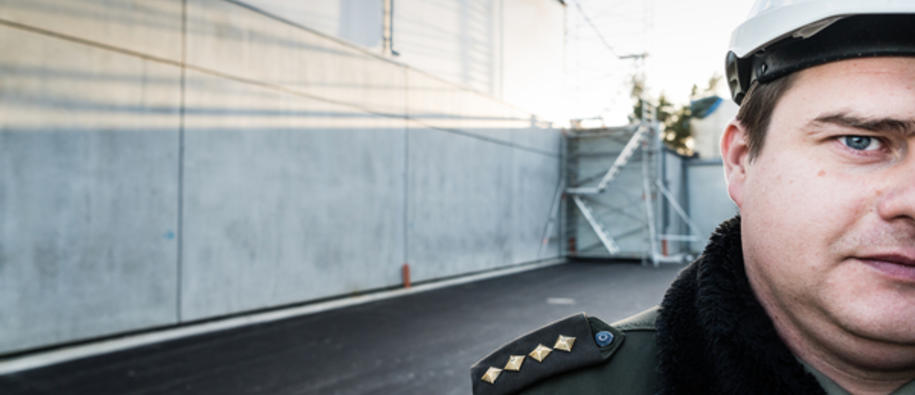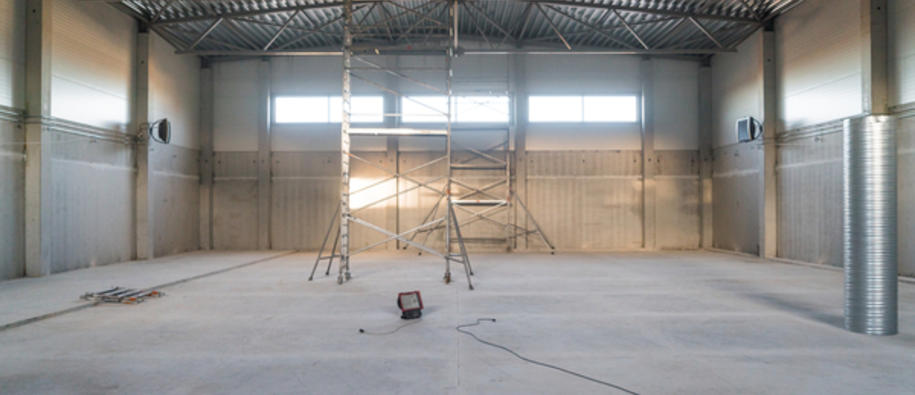Although drugs are banned in prison, the number of drug users in Latvian prisons have increased. According to figures released in a study from 2010, 66.1% of prisoners have tried drugs prior to imprisonment, while 17.8% of prisoners have used drugs in prison. Not only does this undermine any meaningful attempts at rehabilitation, it also increases the risk of reoffending significantly.
One of the underlying factors is a lack of drug prevention strategies and treatment programmes provided to prisoners struggling with drug abuse or addiction problems in the Latvian prison system. To address these shortcomings, a new rehabilitation centre for drug addicts have been constructed with support through the Norway Grants ‘Correctional services, including non-custodial sanctions’ programme. The new centre is constructed as part of Olaine Prison in Riga. When the facility opens in August 2016 it will be able to accommodate up to 200 prisoners, and offer treatment programmes for inmates with drug or alcohol-related problems.
A new way forward
“With the current system, it’s difficult to isolate prisoners from narcotic substances and provide the necessary pre-conditions for re-socialisation. The creation of drug-free zones in prison requires investment. The new building is designed to solve this problem, and support some 200 inmates to reintegrate into society,” explains Dmitrijs Kaļins, Prison Director of Olaine Prison in Riga.
The rehabilitation centre will provide alternative treatment programmes for prisoners with addiction problems, and will work to prevent reoffending by prisoners.
“We must increasingly work to link prison with life after, and make sure that the prisoners learn to socialise and communicate. The staff, which is made up of social workers and psychologists, will work directly with the dependants, provide support and help them prepare to re-integrate in society once released,” Kaļins continues.
Inspiration from Norway
The project is carried out by the Latvian Prison Administration in cooperation with, among others, Oslo Prison and the Correctional Service of Norway Staff Academy. When developing the treatment programme, the project sought inspiration from two treatment programmes – Atlantis from Poland and Pathfinder from Norway.
While Atlantis focuses mainly on therapeutic activities in a twelve-step programme, Pathfinder places emphasis on socialisation and group work in order to help each individuals embark upon a process of change while serving their sentences. The focus is to create an alcohol and drug-free environment with room for learning, growth and development, encourage a healthy lifestyle and make the individual inmate aware of his or her dependency problem. This is done through conversation groups, physical activities, social training and accompanied trips outside the prison.
“Pathfinder was introduced in 1992 as an answer to high reoffending rates among people with addiction problem. As most inmates will be released at some point, we decided to start the treatment and re-socialisation process in prison,” says Per Stageberg from Oslo Prison.
Oslo Prison has provided the Latvian Prison Administration with expertise and best practice as they have established their own rehabilitation centre for inmates with addiction problems, and contributed to the development of the staff training programme.
The beginning of a shift
The Latvian project promoter is thankful for the input provided by project partners:
“Norway has set an example for us, and have been a valuable source of advice. We strongly believe that the focus of the two programmes we are implementing – therapeutic activities and re-socialisation – is key to success,” says Māris Luste from the Latvian Prison Administration.
The new rehabilitation centre complies with European prison standards and requirements for treatment, and will house a sports hall, training rooms, library and computer labs – as well as separated areas dedicated to treatment, counselling and education.
“The basic idea is to create a centre where inmates can change their life. Our aim is to make sure that the inmates leave prison ready for their life after. The rehabilitation centre is a first of its kind in Latvia, and while the learning curve has been steep, we believe that this project marks an important shift in the way the Latvian prison system administer drug addiction treatment”, Luste concludes.
More
The project is one of three under the €13.1 million ‘Reform of the Latvian correctional services and police detention centres’ programme financed by Norway. The programme aims to improve prison conditions and prisoner rehabilitation as well as promote alternatives to imprisonment. Directorate of Norwegian Correctional Service (KDI) is the donor programme partner.
Read more about the EEA and Norway Grants to Latvia


